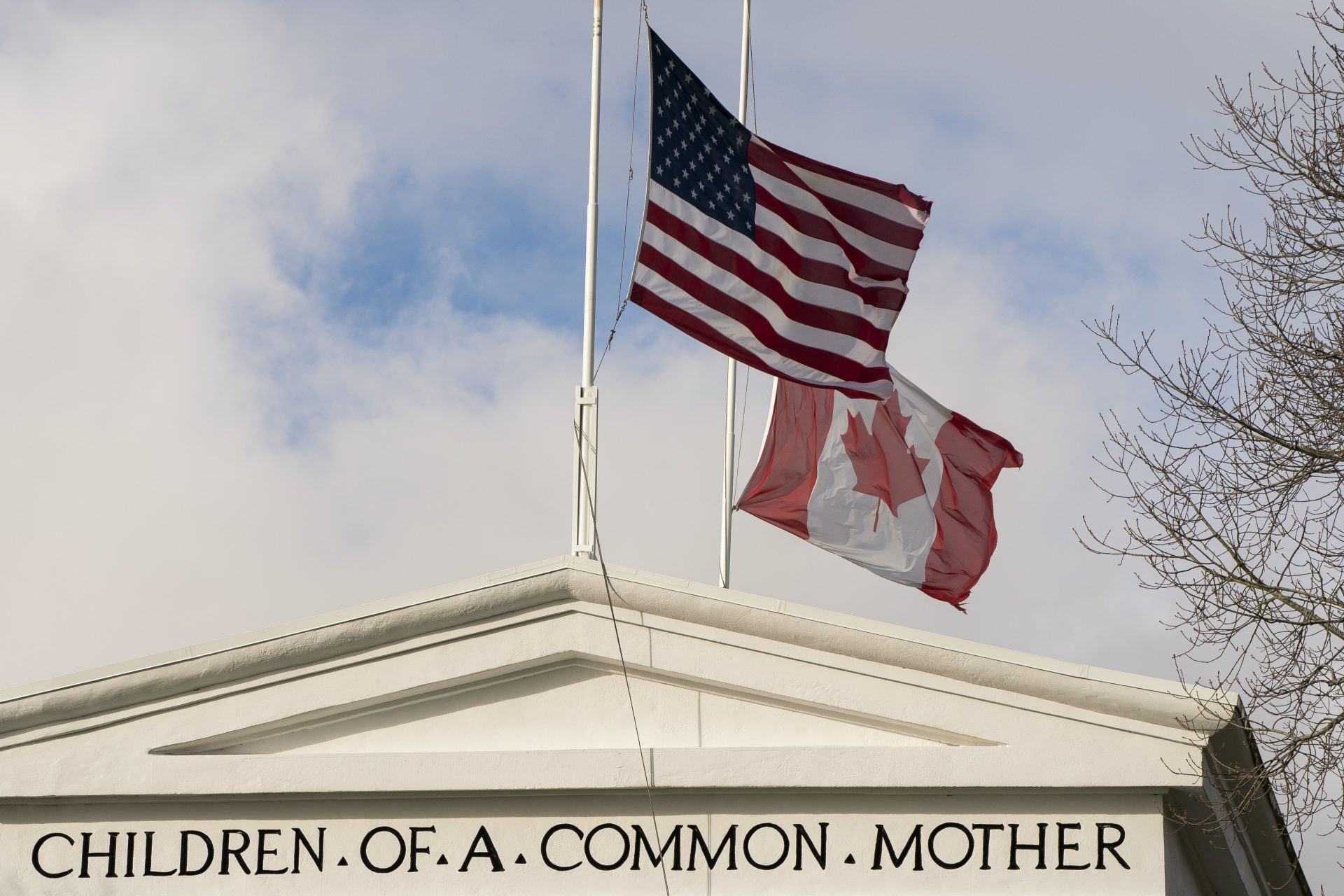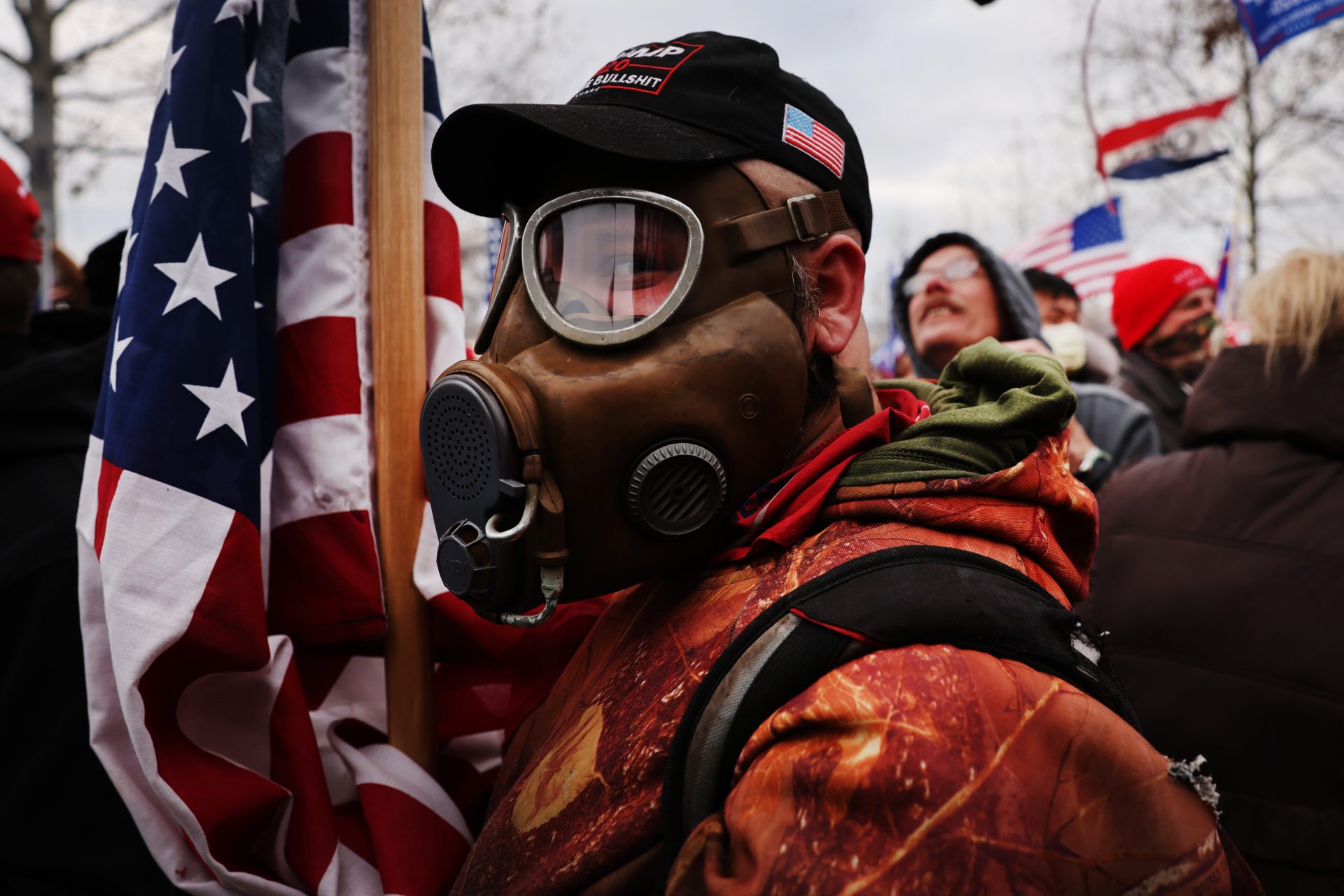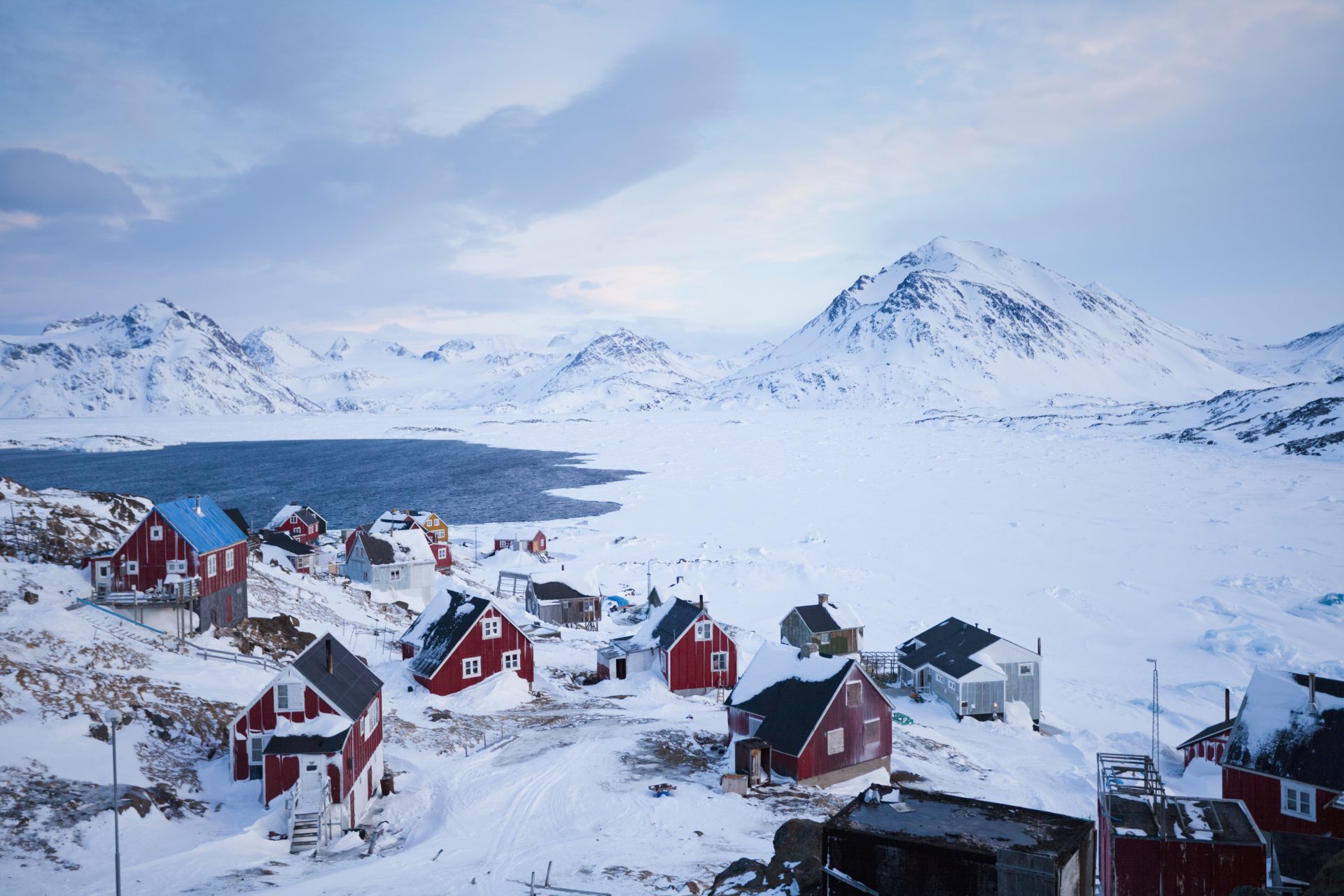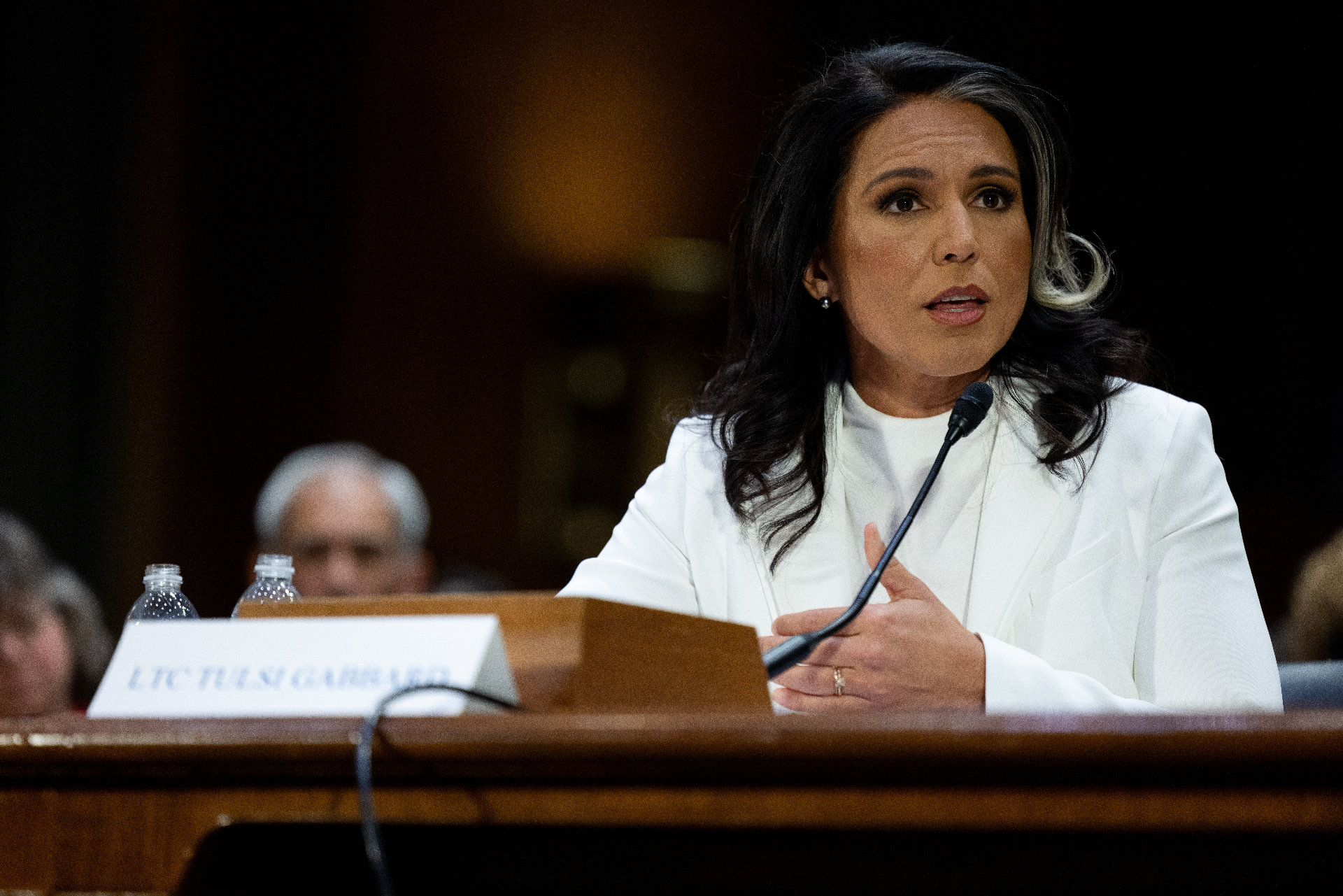From the 1950s to the 2000s, which decade was the best?
How do you measure a decade? By the men and women who were in the spotlight? By the music and movies, you enjoyed back then? By your own memories? It’s not an easy question, but we can at least we try to compare and contrast!
The 1950s has been considered by many as the United States in its prime. Young men returning home after World War 2 returned home and settled in, creating the so-called Baby Boom.
The 1950s was also the decade where Elvis Presley became the undisputable king of Rock n Roll and James Dean was America’s bad boy in ‘Rebel Without a Cause’.
Meanwhile, Ed Sullivan, Lucille Ball and Jackie Gleason dominated the nascent medium of television and a woman by the name of Marilyn Monroe appeared on the first cover of Playboy magazine.
However, not everything was sunshine and roses in Post-war America, with the Red Scare and fears of atomic annihilation.
Juvenile delinquency and racial segregation were rampant, with the National Guard having to escort black children to school in some states in the South. Rosa Parks refusing to ride in the back of the bus in Birmingham, Alabama, was a watershed moment for race relations in America.
For some, the 1960s started well, after all in 1960, the year the oh-so-scandalous pill was introduced in the market, giving mom and dad a lot to talk about.
For others, it was the decade marked by the assassination of JFK, robbing an entire nation of its innocence. What is true is that times were changing.
Rock bands from the United Kingdom such as The Beatles, The Who, Pink Floyd and The Rolling Stones not only changed music forever, but also created a new way to be young and carefree.
The generational shift could be seen in the emergence of the hippie movement, giving us Woodstock, which is probably the most famous music festival in history.
However, the 1960s was also the decade when the Vietnam War traumatized an entire generation.
Meanwhile, great social leaders such as Martin Luther King, Robert Kennedy, and Malcolm X were victims of the social strife of the time.
The 1970s changed cinema forever, the rise of the New Hollywood movement gave us 'The Godfather', 'Apocalypse Now', 'The Exorcist', and 'Chinatown'. It was such a great time to go to the movies.
The decade was also the rise of the blockbuster with summer classics such as 'Jaws' and 'Star Wars', thanks to two kids from California by the name of Stephen Spielberg and George Lucas.
Meanwhile, on television you had classic American sitcoms such as 'All in the Family', 'Sanford and Son' and, in 1975, 'Saturday Night Live' premiered on NBC with such future stars such as John Belushi, Dan Aykroyd, Gilda Radner, and Chevy Chase.
The music of the 1970s was dominated by The Bee Gees, David Bowie performing as Ziggy Stardust, ABBA, The Village People, and many other performers whose music is still heard today. Studio 54 became, for a brief moment, the center of the universe.
However, the 1970s was also a decade dominated by political discontent: Richard Nixon and The Watergate Scandal, Jimmy Carter and the Arab Oil Embargo. The economy was in the dumps at home, while conflicts fueled by the Cold War were on the rise.
The United States and the Soviet Union took every opportunity to show their prowess, such as the 1980 Winter Olympics in Lake Placid, New York, when the US team defeated the USSR in hockey against all odds.
Ronald Reagan was elected President of the United States in a landslide in the 1980s and few men have been linked to a decade like he did. For some, he was the man who brought the Cold War to an end.
Nobody can deny Reagan had movie charisma and Hollywood certainly defined the 1980s with classics such as 'Indiana Jones', 'Ghostbusters', 'Top Gun' and 'Back to the Future'.
Meanwhile, movies such as 'The Breakfast Club', 'Ferris Bueller’s Day Off' and 'Sixteen Candles' redefined what meant to be a teenager in that time and place.
After all, the 1980s were also the decade of Michael Jackson, Madonna, Queen, Bon Jovi, the Talking Heads and many others. From hair metal to techno, you surely had a lot to pick from with the help of MTV, of course!
For many others, the outcome of Ronald Reagan and his trickle-down economics is still felt today, and not for a good reason.
What is true is that the fall of the Berlin Wall in 1989 and the dissolution of the URSS brought forth a new decade filled with hope and optimism: The 1990s.
Not everyone was feeling optimistic, though. After all, the decade was dominated by bands like Nirvana, Radiohead, REM, and The Smashing Pumpkins. Marilyn Manson was every parent’s biggest nightmare.
TV shows like 'Friends', and 'Seinfeld' came to redefine sitcoms for decades to come. The small conflict of happy families was seen as old-fashioned, compared to the freedom of a group of cool, urban people and their big city life.
It was also the decade of 'The Simpsons', 'Beavis and Butthead' and 'South Park', showing us that not all cartoons were meant for kids.
Meanwhile, Bill Gates and Microsoft introduced Windows 95 right in the middle of the decade, changing how we use computers and the internet, forever.
Bill Clinton and Tony Blair represented a new generation of charismatic politicians that embodied the era of good feelings that seemed to reign. As one academic described it, it was the end of history.
The era of good feelings that were the 1990s and the hope of a new millennium seemed to end on September 11th, 2001.
Suddenly, the United States was spearheading a war against terrorism, pitting Western nations against Middle Eastern countries, such as Iraq and Afghanistan.
To top it all, the 2008 Financial Crisis was a worldwide economic meltdown with repercussions seen still to this day.
Meanwhile, the 2008 Olympics in Beijing were a sign of a new, more modern China taking its place as one of the leading superpowers.
Although it’s been a few years since the 2010s, it still feels too close to properly define. Is it defined by Barack Obama and his promise of hope and change, some of which seem unfulfilled?
One could make the case how the 2010s represented a leap in LGBT rights and representation. From same-sex marriage being legalized in most countries throughout the decade, to trans issues taking the spotlight for the first time.
Technology became even more present in our lives in the 2010s, with the rise of streaming services such as Netflix and online retailers like Amazon becoming ubiquitous.
However, the tail end of the 2010s also saw a global rise of populism, with Brexit in the United Kingdom and polarization around the election of Donald Trump as President of the United States.
And of course, the decade ended with the appearance of COVID-19 in December 2019. Not a high note to end the 2010s by any measure.
Then we hit the 2020s. The decade hasn’t ended yet, it’s even harder than define than the 2010s!
More than a few people could make the case that the best decade is the one you remember fondly. It could be your childhood, or your school years. What is true is that every time and place has something special, good or bad.
More for you
Top Stories





















































